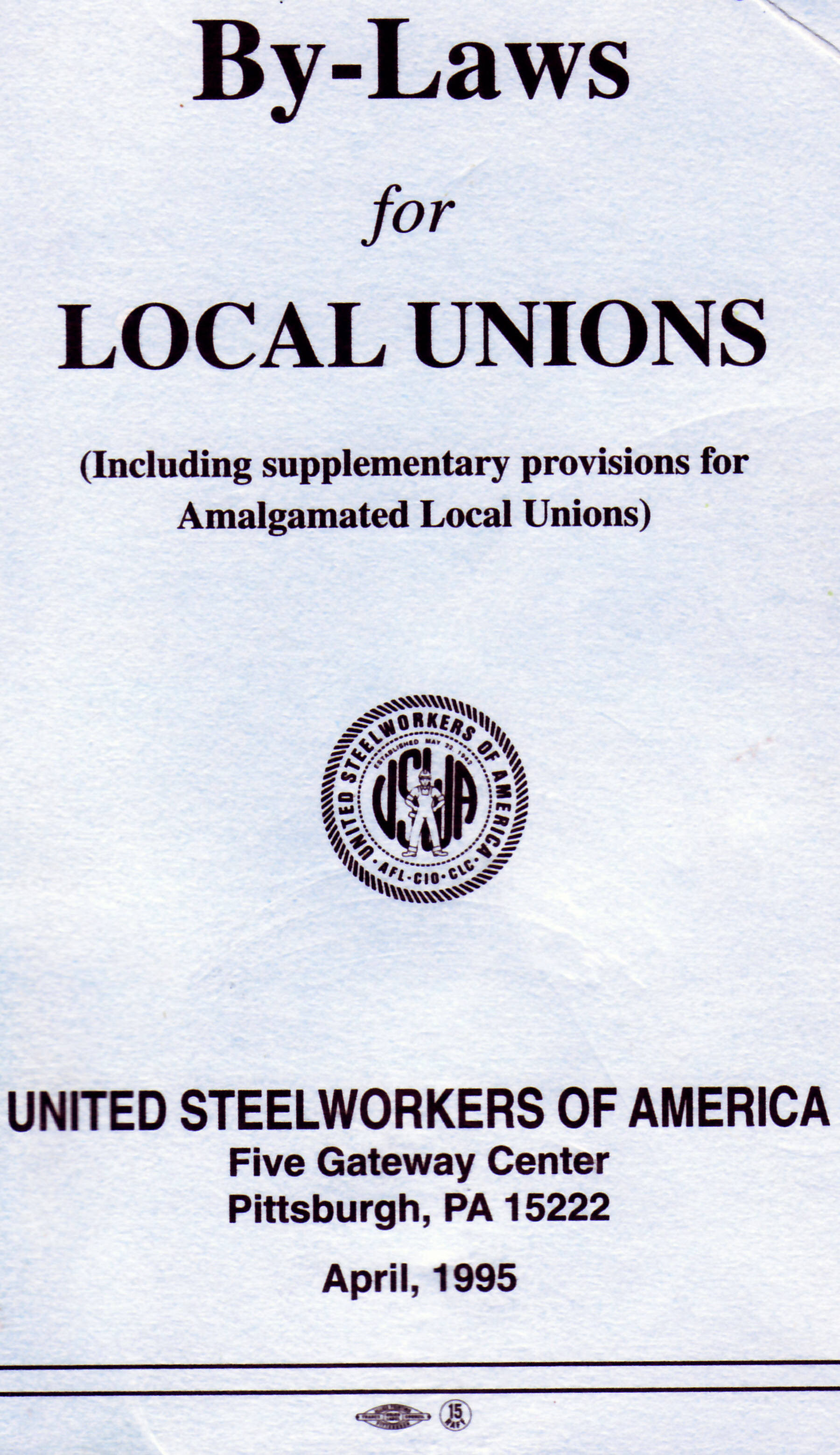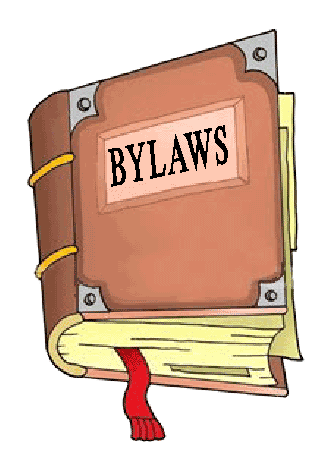By-law
As a public-law statute is called in Germany legal standards that may be adopted by a legal person governed by public law within the framework of their legal autonomy conferred with efficacy for their nationals and persons subject.
General
This definition of the Federal Constitutional Court in a judgment of 14 July 1959 contains the three essential components of a public statute.
- It is regularly to general abstract legal norms. Generally they are because of their effect for a variety of people, abstract, because they are applicable to a variety of circumstances.
- The equipped with statutes of autonomy of legal persons of public law include local authorities (municipalities, associations of municipalities, states or the federal government ), both personal and in corporations ( industry and commerce, chambers, professional associations and - mainly - universities), institutions and public bodies as well as foundations of public law. The statute law or statutes of autonomy have also some broadcasters ( public institution ) and the German Bundesbank.
- The self-governing bodies of law have autonomy and can set by statute objective law for their area of responsibility. This means that for the stakeholders of ordinances rights and obligations to be justified.
The adoption of a statute by organs of self-government body is an essential feature of autonomous regulation. This self-government follows for municipalities under Article 28, paragraph 2 of the Basic Law, which provides that the communities must be guaranteed the right to regulate all local affairs within the law in their own responsibility. " The term governing ' ensures not only the adoption of administrative acts, but a general order by statute. "
Statutes are objective law. They have in common that they do not come with the legal regulations in the format prescribed by the Constitution for the legislative process concluded, however, differ from the legal regulations in that they are issued by a non-governmental body. Autonomous statutes fall, provided they do not violate higher-ranking law ( constitutions, laws, regulations of the Federal and State ), under the concept of " law " in Article 20 § 3 of the Basic Law.
Legal Issues
After the German Gemeindeordnungen the municipalities can regulate their own affairs by statute (Statute violence; eg § 10 para 1 of Lower Saxony Communal Constitution Act ( NKomVG ) ). The council shall adopt, amend or withdraw Constitutions ( § 58 Section 1 No. 5 NKomVG ). Essential questions are to be settled in a main articles of association ( § 12 para 1 NKomVG ) For the community. In it are, inter alia, also to meet regulations, such as the promulgation of legislation takes place (§ 11 Section 1 Sentence 2 NKomVG ). The articles of association must then be signed by the mayor and communicate to the public (§ 11 Section 1 Sentence 1 NKomVG ). After notice, the articles of incorporation with facilities for everyone must be visible ( § 10 paragraph 4 NKomVG ).
Content
Statutes as other legal norms ( laws about ) content sufficiently determined (Art. 20 para 3 of the Basic Law ). Then must be largely subsumed for the laymen, content and scope of a statute. Finally, a statute must be proportionate, which can be achieved by specific exemption schemes. Then statutes are substantive legal. Statutes can constitute the constitution of the respective entity and in addition also contain detailed regulations for their specific area of responsibility. Essential, however, is to be regulated by Act of Parliament. For constitutional law belongs in a statute in particular the establishment of the organs of a body, the description of the remit and the determination of their financial sovereignty. The institutions responsible, controlling or stimmrechtsausübende function. The corporation by law assigned area of responsibility is elaborated by the statute and made feasible. In particular, specifies the tasks for which persons are available and whether and to what extent fees or contributions are to be paid a certain amount. In the form of financial regulation establishing a budget and its approval in municipalities in detail is controlled. The financial regulation is subject to the statutory regulations.
Institutions have no (forced) members as public bodies and therefore have to arrange a connection to and use of the particular tasks assigned to county by statute under the provisions of § 13 NKomVG. This standard is as authorization sufficiently specific enough to be adopted on this basis, a statute. The authorization to issue ( certain ) of municipal ordinances required under federal constitutional law a certainty principle only in so far as her must be found beyond reasonable doubt, which subject should relate to the autonomous statutes. The connection to and use is a municipal law has long -established legal institution whose outlines are worked out by the courts. A connection or use requirement may be ordered only by statute. Municipalities are authorized to import this connection or use coercion in public need for such facilities that serve the public health ( in particular, street cleaning, refuse collection, water supply, sanitation, energy supply). While the port is forced to land -based and committed only property owners and leaseholders, the compulsory use is personal and prohibits the use of similar facilities.
Finally, it can be distinguished between statutes with outdoor and indoor with mere effect. While statutes with an external effect (eg citizens) are also binding on third parties, statutes apply with internal effect solely to the relevant body, the organs and for their management. The latter group is, for example, the main statute and financial regulation to count.
Legal effects
The Statute content acts against the citizens concerned as a rule of law. Stakeholders are empowered and required by the content. Any person who violates intentionally or negligently against a commandment or prohibition of a statute, commits a misdemeanor ( § 10 para 5 NKomVG ) when the statute refers to the fine state of affairs. The misdemeanor punishable the administrative authority within the meaning of § 36 Section 1 No. 1 OWiG is the church. Statutes have through the collection of fees and charges significant financial implications for the hereby burdened citizens and therefore must follow the principle of dispensing justice. A statutory contingent fee fixing is open to criticism if it causes further the relevant ( national ) law limits (prohibitions of cost coverage and inadequate profit) to be exceeded., Insofar as state constitutions, statutes can be reviewed by a judicial review in accordance with § 47 Section 1 No. 2 Code of Administrative Procedure. After the annulment dogma which violated ranking law statute is void, so unfolds from the beginning (ex tunc ) any legal effect. Such errors of law have the invalidity of a statute result.









